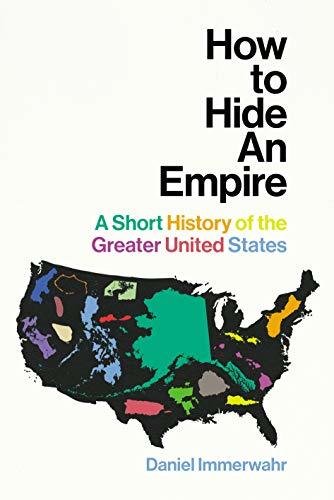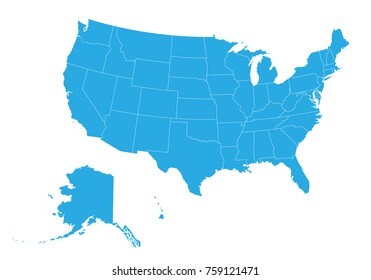What do you think?
Rate this book


'Wry, readable and often astonishing ... nimbly combines breadth and sweep with fine-grained attention to detail. The result is a provocative and absorbing history of the United States' NEW YORK TIMES
For a country that has always denied having dreams of empire, the United States owns a lot of overseas territory.
America has always prided itself on being a champion of sovereignty and independence. We know it has spread its money, language and culture across the world – but we still think of it as a contained territory, framed by Canada above, Mexico below, and oceans either side. Nothing could be further from the truth.
How to Hide an Empire tells the story of the United States outside the United States – from nineteenth-century conquests like Alaska, Hawai‘i, the Philippines and Puerto Rico, to the catalogue of islands, archipelagos and military bases dotted around the globe over which the Stars and Stripes flies. Many are thousands of miles from the mainland; all are central to its history.
But the populations of these territories, despite being subject to America’s government, cannot vote for it; they have often fought America’s wars, but they do not enjoy the rights of full citizens. These forgotten episodes cast American history, and its present, in a revealing new light. The birth control pill, chemotherapy, plastic, Godzilla, the Beatles, the name America itself – you can’t understand the histories of any of thesewithout understanding territorial empire.
Full of surprises, and driven by an original conception of what empire and globalisation mean today, How to Hide an Empire is a major and compulsively readable work of history.
513 pages, Kindle Edition
First published February 19, 2019
Standards—the protocols by which objects and processes are coordinated—are admittedly one of the most stultifying topics known to humankind. A sample of headlines from the journal Industrial Standardization gives a sense of the exquisite heights to which boredom can be taken:A callback gets laughs from me, any time.Industry Approves Recommended List of Paper Sizes
New Law Requires Labels for Wool
Brochure Tells About Building Coordination
Revision of List of Recommended Paper Sizes
[G]lobalization, in turn, depended on key technologies devised or perfected by the U.S. military during the Second World War. These were, like synthetics, empire-killing technologies, in that they helped render colonies unnecessary. They did so by making movement easier without direct territorial control.That’s pretty much it. I can’t summarize how we got here, because that’s the book’s job, dude. Go read it. It's fun (and also horrifying). You'll learn things (horrifying things). What else is there?


"The history of the United States is the history of empire." -- Daniel ImmerwahrTL;DR